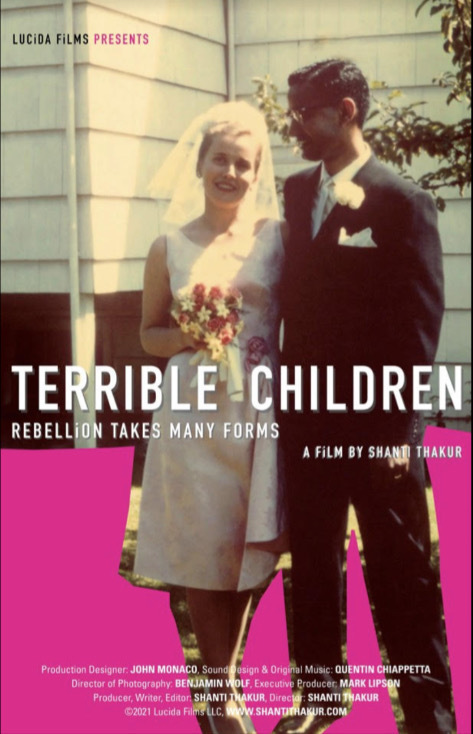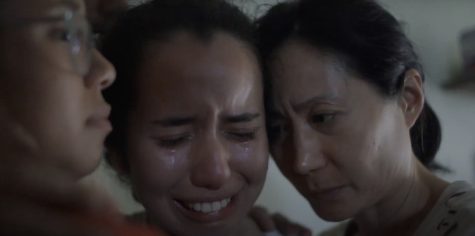‘Terrible Children’ explores themes of identity and immigration through historical lens
June 28, 2022
“Terrible Children,” one of 11 featured films at the 14th annual Austin Asian American Film Festival, tells the story of a daughter uncovering the challenges of her Indian father’s past, from growing up during Partition, immigrating to the U.S. and being cut off from her family for marrying a Danish woman. Written, directed, edited, produced and narrated by New York-based filmmaker Shanti Thakur, the film exhibits powerful themes of identity and nationalism in a stunning hourlong biographical documentary.
The first half of the film uncovers memories of 1939 India with shaky camera scenes of streets packed with roaring rickshaws and motorcycle beeps. Thakur’s decision to experiment with focus gives the appearance of a dreamlike haze to depict decades-old memories. Thakur lifts the tone of the second half of the film as it focuses not on her father’s dismal past, but on the way he creates a life for himself in the United States in the 1960s after receiving a Stanford scholarship. Thakur does a good job showing the stark shift from the streets of New Delhi with dusty skies full of crows and kites to the cool beaches and buses of San Francisco.
Her father’s arc as a poor, new, young and financially struggling immigrant in a foreign country who overcomes his adversities for himself and his family makes the audience feel emotionally attached to him, positioning his character development as the true star of this documentary. Through the twists and turns of her father’s story, the audience takes away powerful life lessons, including the realization that one does not have to sacrifice their dreams for the sake of their parents. The film beautifully explores how Thakur’s father carved a life for himself despite the obstacles of his parents’ constant disapproval.
The use of history to provide context to her parents’ backgrounds and advance storytelling was another powerful choice made in this documentary. With a father growing up during Partition and a mother growing up during the Holocaust, Thakur shares a vulnerable story of the way history intertwines in her parents’ lives while highlighting personal decisions of independence and the resilience built in their struggles. Their crossing paths allowed them to create a life together and raise their daughter. Depicting these historical events also masterfully articulates the ways these events have impacted the lives of the people involved, giving a human face to the historical horrors.
Ultimately, Thakur proved her gift for communicating vulnerable and complex topics on screen with raw honesty along with captivating visuals. With all the difficulties her father faced in his life, audiences can’t help but root for him in this documentary.
5 bouquets out of 5







